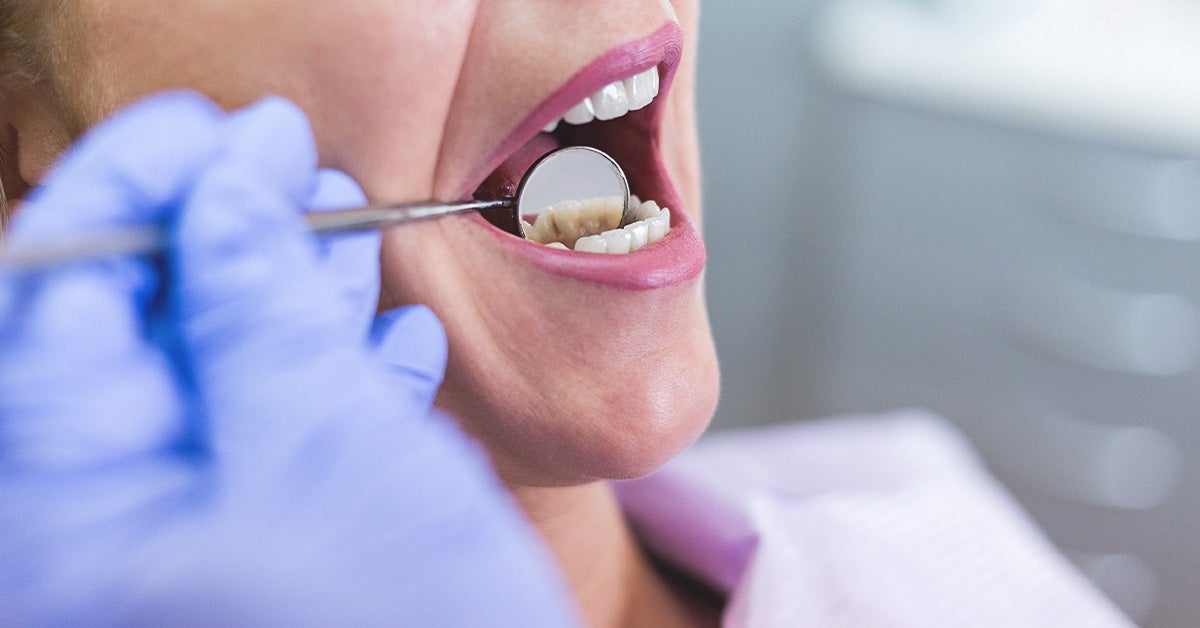
Pain is a defensive reaction from your body. Whether it is minor or extreme; the tangible trigger is there to tell you something isn’t right something that comes from the inside out. Dental pain is no exception to this rule. It is a type of responsive nerve pain that radiates from inside your teeth when they are presented with certain stimuli.
And below are the common stimuli that cause dental pain:
You Have a Cavity
A cavity is a little hole in a tooth that is brought about by tooth decay. Whenever harmful acid eats away the hard external layer of your teeth, called enamel, it debilitates your tooth letting holes form. From the get-go, a cavity probably won’t cause you any side effects. In the long run, pain and uneasiness can start if the cavity gets big and close enough to the nerves inside the tooth. Indeed, even a minor toothache shouldn’t be disregarded as a cavity can get bigger faster and make a bigger serious dental issue. So much so, that you might need to get cosmetic dentistry in kolkata.
Your Gums Are Receding
Patients encountering tooth sensitivity might find their gum recessing as the main culprit. Recessed gum tissue causes the enamel at the gum line to erode, presenting the tooth to the components and making responsiveness. This kind of pain doesn’t linger, yet rather springs up each time you eat something hot or cold.
You’re Exercising Too Much
While working out daily is extraordinary for your body and your mind, over-exercising could be the reason for your tooth pain. Scientists have found that marathon runners who did aerobic exercise had a higher risk of tooth disintegration when contrasted with people who didn’t work out. A deficiency of enamel because of acid on the teeth can prompt many cavities and is believed to be because of an absence of saliva while working out.
You Have a Sinus Infection
Encountering a throb in your teeth while you have a cold could be connected to your sinuses. The sinus floor sits right on top of the roof of your teeth, and full sinuses can cause pain in the upper teeth behind the eye. If your sinuses are causing the pain, some teeth around there will be sensitive, not just one tooth.
A Fractured Tooth
A break or crack in a tooth can cause toothache. Frequently brought about by biting on something hard, even a little break can prompt pain when you chew or bite. Contingent upon the seriousness of the crack, you might require a crown or an implant to supplant a seriously harmed tooth. If it happens to you, search for “orthodontic treatment near me” the soonest.
You Have an Abscess
Whenever food particles are stuck between your teeth, and you continue to bite, you push the food farther into the gums. Over the long haul, these stuck particles of food and debris will decay, rearing contamination. The sooner you can get a canker treated the better, as an untreated abscess can prompt gum illness.
Impacted Wisdom Teeth
Wisdom teeth trying to rise out of your gums in an abnormal position or without sufficient room will cause tooth pain. When gotten through the gum tissue, affected wisdom teeth cause a higher risk of painful irritation or contamination in the gums. Impacted teeth are difficult to reach with your toothbrush and floss making it hard to properly clean your teeth.
A Filling Fell Out
A dental filling can drop out if a lot of pressure is applied to the area or if the material of the filling separates. Decay around or under a filling can likewise make a noticeable crack. Some patients may not feel something missing until they bite down. A crack in a filling can permit food to get pushed into the area as you bite, prompting sensitivity and uneasiness.
You Grind Your Teeth
Most teeth grinding occurs around nighttime while you sleep and a large number of those patients don’t know what they’re doing. Teeth grinding is additionally connected with side effects like migraines, pain in the facial muscles, and a stiff jaw. Grinding can likewise prompt broken teeth. Regardless of whether you are not a teeth grinder, you still might be grinding your teeth during the day in distressing circumstances. Tooth pain from clenching or grinding will sting everywhere, or on one side of the jaw, instead of one tooth.As you know the causes now, know that a dental professional can resolve all these issues to prevent your dental pain. Just search for “dental pain treatment near me” online and you can locate the nearest dental specialist for your issue.




